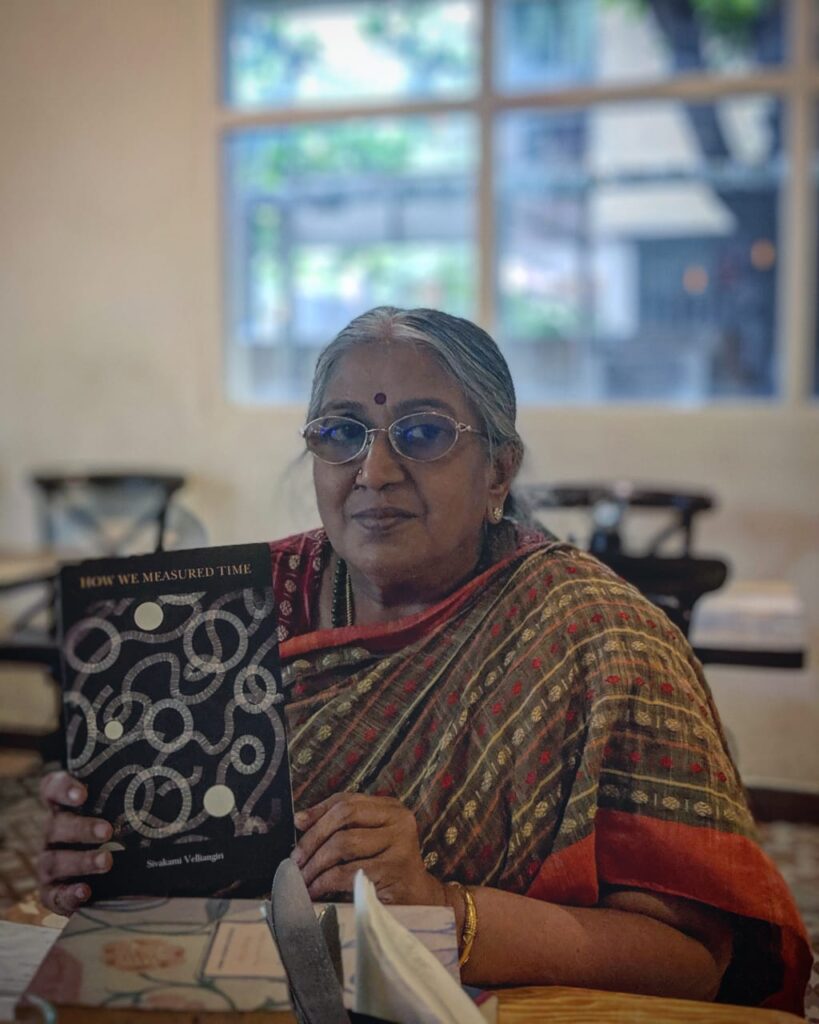
Ramya Pandyan is a blogger, author & performer. She was also our guest editor for short fiction on the April (Spring) 2020 edition. These were her guidelines:
What are we looking for – Short Fiction
We are accepting entries for text-based short fiction.
Length
We’re accepting submissions that are text only and anywhere between 20 to 2500 words. Anything else will not be deemed valid.
While visual media like images & film are also excellent storytelling devices, this issue only covers text-only stories. Any stories that require elements other than text, will not be considered valid entries.
If you can tell a story in very few words, go for it. As long as it fulfils our criteria for story, we’ll accept it and even appreciate the brevity. The minimum length is 20 words so please hold off anything less for a different submission. Be sure to include the word count (including the title & any subheaders) with your submission.
A complete story
We are defining the following as a story:
- It has a clear beginning, middle and end
- It has at least one character. No upper limit on number of characters or on the humanity of these characters. These characters communicate with each other and their world. We are not looking for scenery props with names.
- It has a plot – a problem (or conflict), action to resolve it and reaching conclusion. Character profiles on their own do not constitute story.
- It contains movement and progress. This could be different locations, decisions to be made, conversations. But just a description (no matter how beautifully written) does not count.
- It can have a happy end, a sad end, a thought-provoking end or even an ambiguous end but it should have an end. A twist or surprise is appreciated but not necessary.
- Dialogue is a preference but if you can achieve all the above without your characters speaking, we’ll consider it.
- We place no restrictions on genre. If you’d like to label it under a particular genre, feel free to include that with your submission.
What we are looking for: Stories that
- are entertaining or thought-provoking or both
- look at the known & familiar in a new way
- express themselves in beautiful language (not necessarily big words)
- read well and make a reader want more
- are original
What we do not want
- Poetry. Please submit those to a different section of this publication.
- Gags & punchlines. Joke formats are not fiction.
- Captions, descriptions or personal essays. While these are valid writing, they’re not fiction.
- Philosophical arguments, political discourse or any kind of promotion. If you can tell a story that implies these, we may consider it but these cannot be the prime focus.
- Personal grievances/rants. We’ve read all versions of “This happened to my friend”.
- Spoken word or standup comedy pieces presented on a document. Please submit stories intended to be read, not watched.
- Scripts. See the previous point.
Send one story or up to three flash fiction pieces by email to narrowroad.mag@gmail.com. Cut and paste the story into the body of the email. We do not open attachments or pdfs.
The subject line should read – Short Fiction submission followed by the title of the story. Include a few lines of bio and make sure you include the exact word count, your name as you wish it to appear and your country.
The story must be your own original and unpublished work. We consider it published if it is up on a blog or Facebook page. Do not add long quotes or the lyrics of songs unless you own the copyright to them. Every word in the story must be your own.
Make sure you proofread. A piece full of spelling and grammatical mistakes is unlikely to be selected. The editors reserve the right to make minor grammatical and spelling changes as necessary.
The magazine takes first publishing rights which means you must credit this magazine every time you publish the story anywhere else. We also reserve a one-time and non-exclusive right to publish the story in an anthology or book, print or ebook.
The copyright of the story remains with the author and we only ask that you do not publish it anywhere else until it is published and for a period of one month thereafter.


